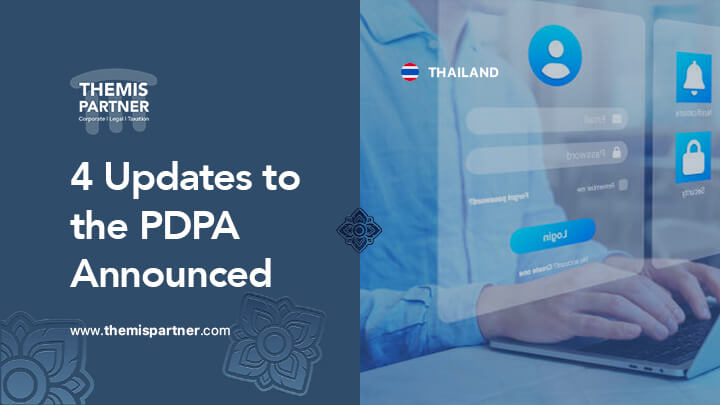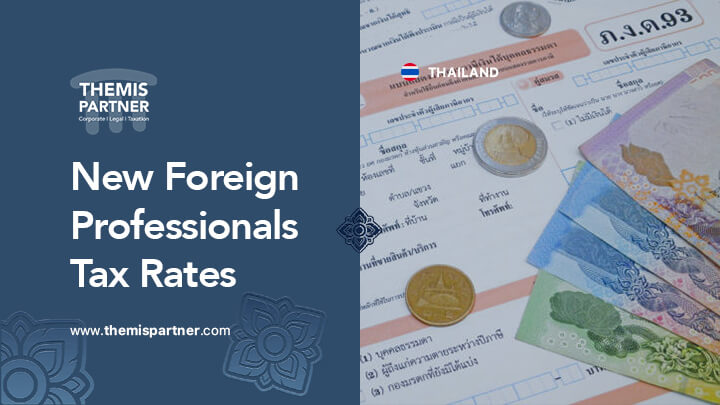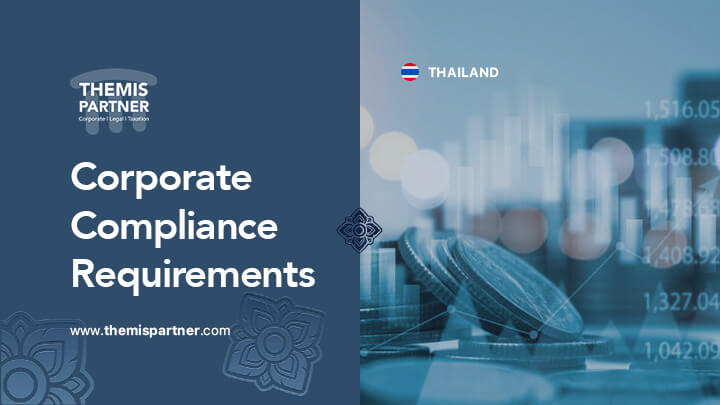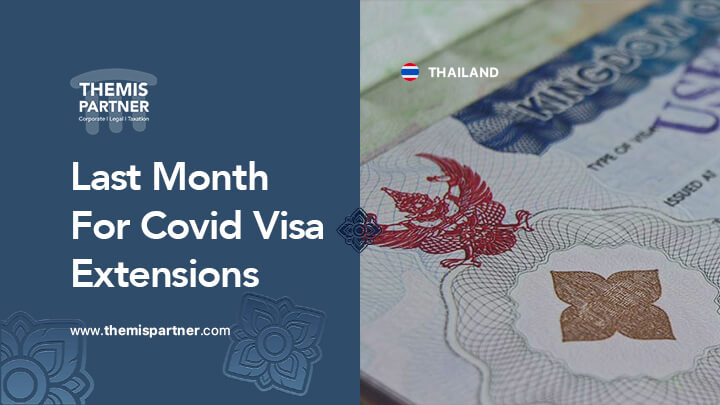Thailand, a strategic place for import/export companies
With access to the Pacific Ocean and Indian Ocean, Thailand’s Eastern Seaboard is a thriving hub of international shipping traffic. The countries strategic position is being strengthened by expansion of ports and addition of new deep-sea ports. This US $3 billion project will expand port capacity in the Eastern Seaboard areas and include a cruise ship port in Sattahip, as well as upgrades to major shipping ports in Laem Chabang and Map Ta Phut.
Upon completion in 2023, Laem Chabang port will have an annual capacity of 18 million TEUs, up from 7.7 million annually in 2018. New port facilities will be able to support Super-Post Panamax ships up to a maximum of 100,000 DWT, capable of carrying more than 10,000 TEUs. At present, the port handles 54% of Thailand’s overall import and exports traffic. That figure is expected to increase by 2023, when the port project is completed, as well as the new double track railway and an expansion of the 4-lane thruway connected with the port.
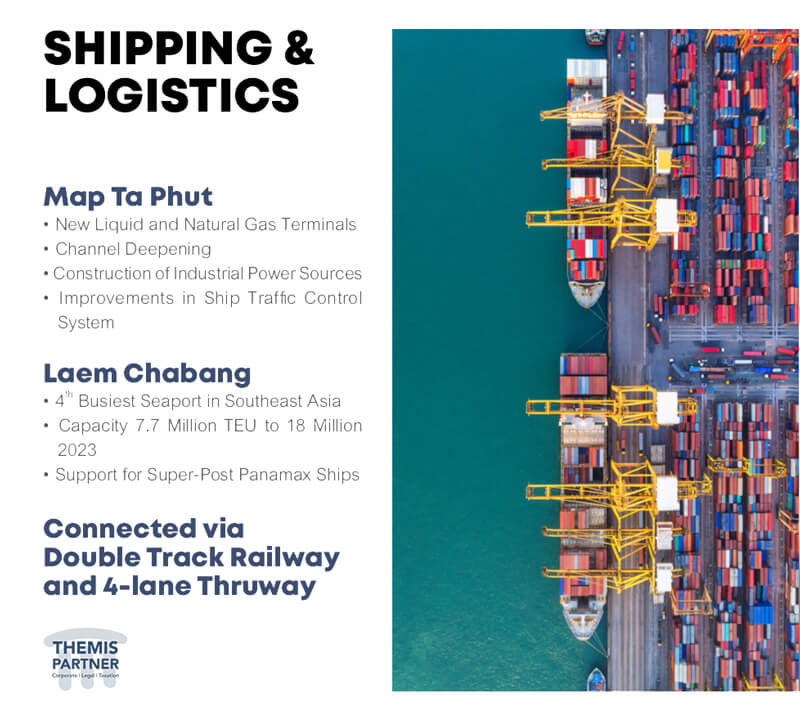
Source: BOI Thailand investments
Company registration in Thailand is attracting more and more foreign entrepreneurs and business owners, especially to establish import/export companies. It can be explained by the advantages and requirements of operating an import-export company in Thailand. It is not subject to any restriction under the Foreign Enterprise Act of 1999. It means Thai government allows 100% foreign business ownership of a Thai company. However, in order to carry out your import-export activity, several administrative formalities will be necessary and a registration with the customs authorities under the Custom Act. B.E 2469 remains mandatory.
What is an import/export license?
Import and export licenses are administrative authorizations imposed by Thai laws and regulations to import or export certain products. Thus, when your products require an import or export license, you will be required to present your import or export license at the time of customs clearance, which is usually done at the land or air border crossing. These authorizations can be granted more easily for certain products such as: clothing, silk thread etc., on the other hand for other regulated products see defined as dangerous the procedure of obtaining a license of import-export can be more complex.
Also, some products are not allowed to be imported or exported in Thailand. These prohibitions are clearly stipulated in Articles 27 and 27 bis of the Customs Act B.E 2469 and concern mainly: Drugs, counterfeiting, counterfeit money, pornography, goods with the Thai flag etc.).
Obtaining the required license is one of the 7 steps to register a company in Thailand. The time required to obtain an import-export license may vary depending on the category of product concerned. It may be quick for products that do not require authorizations (immediate), then it may take up to 15 days for regulated products (licenses) and more for products classified as “high risk”.
Above all, it is essential to carry out your activity with a valid and not expired license. Indeed, administrative, financial and penal sanctions can be engaged against all persons not respecting the administrative regulations. Therefore, it is strongly recommended to be accompanied by professionals during the exercise of your activity of import-export in Thailand and to be regularly informed by your Thailand lawyers on the current customs regulations.

How do I apply for an import/export license?
In order to proceed with your import/export permit application, it is important to follow the following steps:
Step 1: File an import/export declaration
Before filing your license, it is important to identify the products and goods you wish to import or export from or to Thailand. As a reminder, your license application and the documents necessary for its registration are related to the type of product or goods concerned.
In order to know if your product is subject to a specific regulation, you should contact a legal expert or consult the website of the Minister of Commerce. Thus, several additional licenses could be requested such as:
| ➤ Licenses for the trade called: Food and Drug Administration of Thailand and framing the pharmaceutical, food, cosmetics or other dangerous substances |
| ➤ Licenses by the Department of Fine Arts and concerning registered or unregistered art objects |
| ➤ Licenses by the Ministry of Interior concerning weapons, ammunition, explosives, fireworks |
| ➤ Licenses issued by the National Park Department of Wildlife and Vegetation Conservation, Ministry of Agriculture or Ministry of Fisheries for commercial activities affecting wildlife, flora, fish and others |


